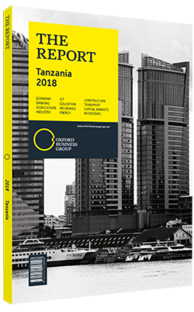This chapter includes the following articles.
Education and Health

As Tanzania seeks middle-income status, strengthening the education system has become a high priority. The past 20 years have seen substantial progress in improving access to education and enrolment rates. In 2015 the government abolished fees for public secondary schools, which led to a surge in enrolment, while service provision by the private sector has also expanded significantly. International partners and private contractors are playing an important role in supporting universal education, particularly with regards to raising educational quality. Although Tanzania’s education targets are still a way off, efforts to progress towards them are well under way. Tanzania is gearing up for an overhaul of its health care sector that could prove transformational by ensuring universal insurance coverage and greatly broadening the opportunities for outside service providers. The past decade-and-a-half has seen considerable successes in public health, with major communicable diseases brought under control and steady rises in expenditure. Primary care has also grown, bringing the system closer to citizens. However, gaps remain and provision has lagged behind the changing demographics of an urbanising country and an increasingly dynamic economy. The government’s latest strategy looks to address these shortcomings and build a more efficient system that focuses resources on those in greatest need. This chapter contains interviews with Sulaiman Shahabuddin, Regional CEO, Aga Khan Health Services, East Africa; and Dr Matshidiso Moeti, Regional Director for Africa, World Health Organisation.

